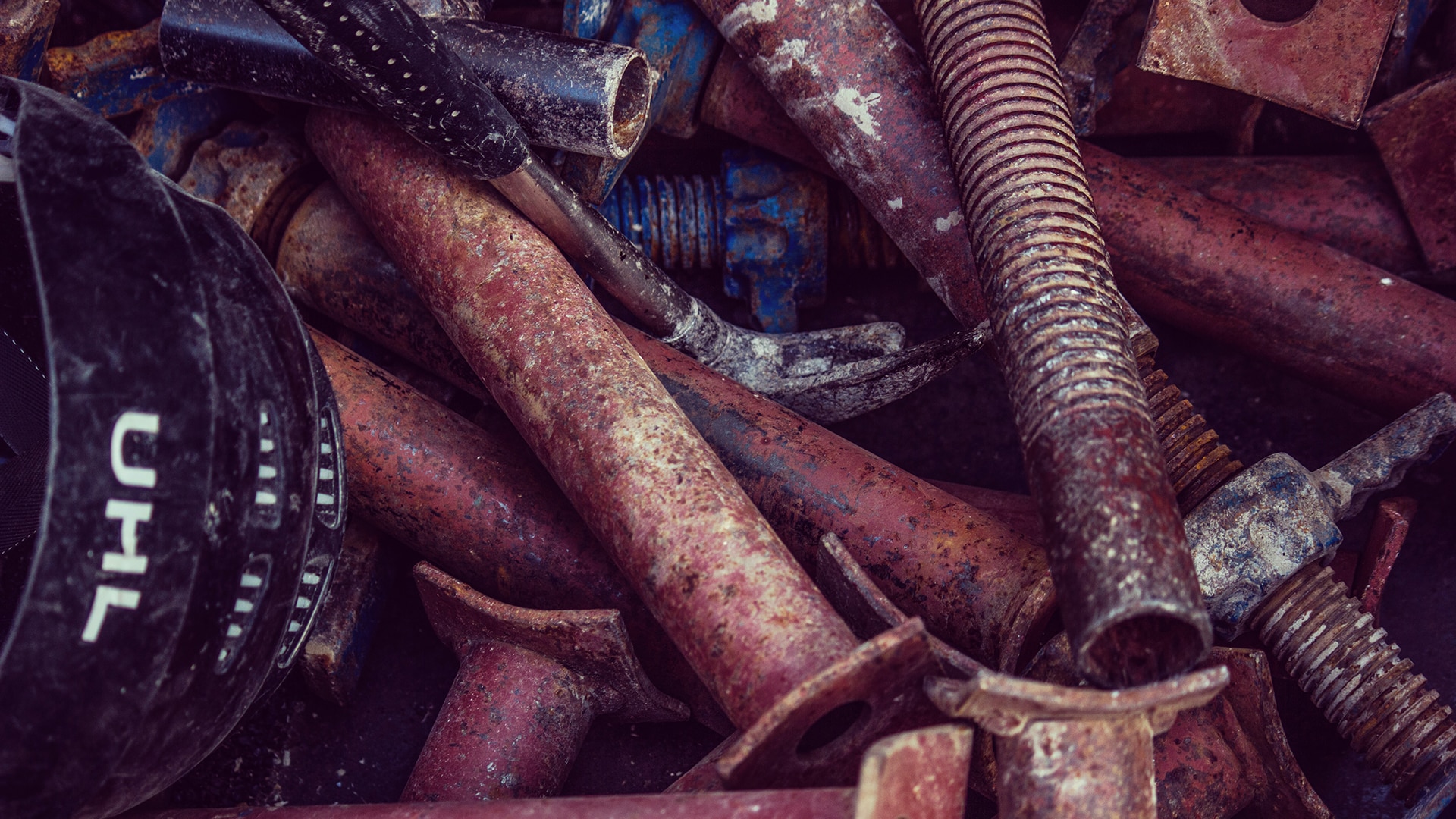In our modern society, the recovery and recycling of metals plays a crucial role in preserving our environment and natural resources. This practice has become increasingly essential to reduce our carbon footprint, prevent pollution and promote sustainable development. In this article, we will explore the importance of metal recovery and recycling, highlighting the environmental, economic and social benefits of this practice.
Environmental benefits
The recovery and recycling of metals offers many environmental benefits. First of all, it reduces the demand for raw materials extracted from nature. By recycling metals, we avoid extracting new resources, resulting in less destruction of natural ecosystems and biodiversity.
In addition, metal recovery and recycling reduces the amount of waste sent to landfills. Metals are sustainable materials that can be recycled endlessly without losing their essential properties. By recycling metals, we reduce the amount of waste produced and thus contribute to the reduction of pollution and greenhouse gas emissions.
Economic benefits
In addition to the environmental benefits, the recovery and recycling of metals also has a positive economic impact. Metal recycling creates jobs in the recycling, collection and waste treatment industry. In addition, it reduces production costs for many companies that use recycled materials rather than virgin raw materials.
In addition, the metal recycling market contributes to economic growth by promoting international trade in recycled metals. Recycled metals can be used in various industries, such as construction, automotive, and electronics, driving demand and creating business opportunities.
Benefits

The recovery and recycling of metals also has significant social benefits. By encouraging the collection and recycling of metals, we raise awareness of the importance of sustainability and environmental protection. This promotes positive behavior change, where individuals adopt more environmentally friendly practices in their daily lives.
In addition, metal recovery and recycling can contribute to poverty reduction and improved living conditions in disadvantaged communities. Collecting metals can provide an additional source of income for those who are economically marginalized, helping to strengthen the local economy and reduce social inequalities.
The Most Commonly Recycled Metals
Different types of metals can be recycled, but some are more commonly recovered than others. Here are some examples of metals that are often recycled:
- Aluminum : Aluminum is one of the most recycled metals in the world. It can be used to make new cans, auto parts, electronics, etc. Recycling aluminum saves up to 95% of the energy needed to produce aluminum from ore.
- Steel: Steel is also widely recycled. It can be used in construction, automotive industry, home appliances, etc. Recycling steel conserves natural resources and reduces greenhouse gas emissions.
- Copper: Copper is a precious metal that is often recycled due to its high value. It is used in electronics, electrical cables, plumbing, etc. Recycling copper prevents the depletion of natural resources and reduces the environmental impact of its extraction.
How to Participate in Metal Recovery and Recycling
Now that we understand the importance of metal recovery and recycling, it’s time to take action. Here are some simple ways to get involved in these practices:
- Sort waste: When you throw away your waste, take the time to sort it properly. Separate recyclable metals, such as aluminum cans and steel packaging, from other waste.
- Use curbside recycling services: Find out about curbside recycling programs in your area. Many municipalities offer recyclable metal collection services. Take advantage of these services to ensure that your recyclable metals are recovered appropriately.
- Encourage recycling at work : If you are an employer, encourage your employees to participate in metal recycling by placing curbside recycling containers on the company’s premises. Make them aware of the importance of this practice and provide them with the necessary information to participate actively.
- Buy recycled products: Choose products made from recycled metals. By choosing recycled products, you support the recycling industry and help reduce the demand for new resources.
In conclusion, metal recovery and recycling play an essential role in preserving the environment, reducing waste and promoting a circular economy. By participating in these practices, we can all contribute to a more sustainable future and the preservation of our natural resources. Metal recovery and recycling offers significant environmental, economic and social benefits, and each of us can play a role in this process.

